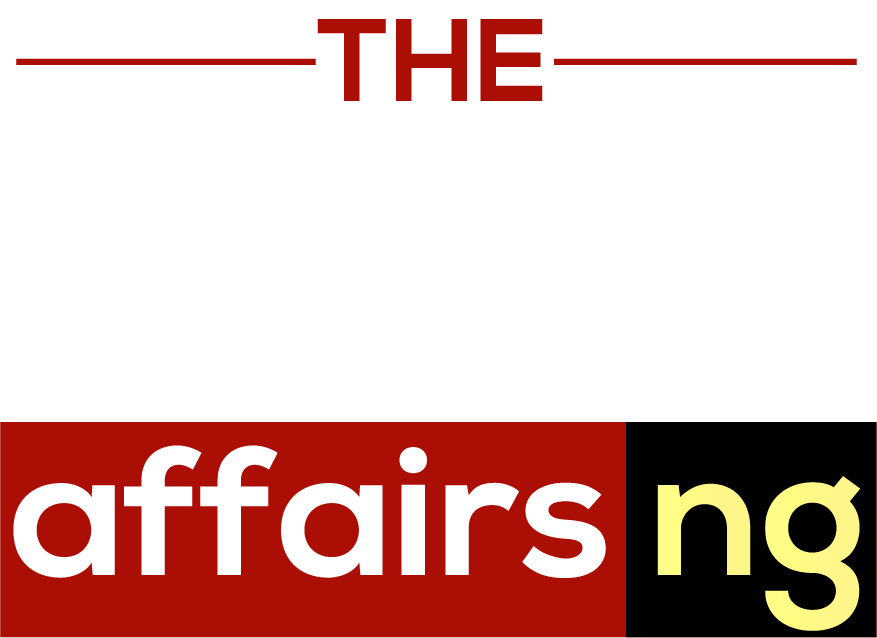The President of the Senate, Senator Ahmad Lawan, says the National Assembly will pass the proposed 2022 budget before the end of the legislative week.
He disclosed this on Monday in Abuja while giving a lecture at the maiden Distinguished Parliamentarians Lecture Series organised by the National Institute for Legislative and Democratic Studies (NILDS).
Lawan said the current National Assembly has made it a practice for the budget to be presented and passed before the end of December yearly, to ensure that its implementation commences in January.
Delivering a lecture titled ‘The Legislature, Legislative Mandate and the Public – The Reality and The Public Perception’, he used the opportunity to clear the air around what he described as misconceptions about the allowances of members of the National Assembly.
According to the lawmaker, the percentage of the National Assembly budget in the federal budget ranged between 1.44 per cent in 2019 to 0.82 per cent in 2021.
For him, the National Assembly has been grossly underfunded in the last four years. He revealed that the total salary of a member of the Senate was about N1.5 million and that of the House of Representatives was about N1.3 million.
The lawmaker added that the average office running cost for a senator was about N13 million while that of a member of the House of Representatives was N8 million.
Other areas where he gave clarifications included perception of corruption, constituency projects, purchase of operational vehicles for lawmakers, and the insinuations that the legislature was a rubber stamp.
This comes two months after President Muhammadu Buhari presented a total 2022 budget of N16.39 trillion tagged ‘Budget of Economic Growth and Sustainability” to the lawmakers.
In his presentation to a joint session of lawmakers on October 7, the President said the budget would focus on diversifying the economy, with robust MSME growth; investing in critical infrastructure; strengthening security and ensuring good governance; enabling a vibrant, educated and healthy populace; reducing poverty; and minimising regional, economic and social disparities.
He had given an assurance that defence and internal security would continue to be the top priority of his administration.

